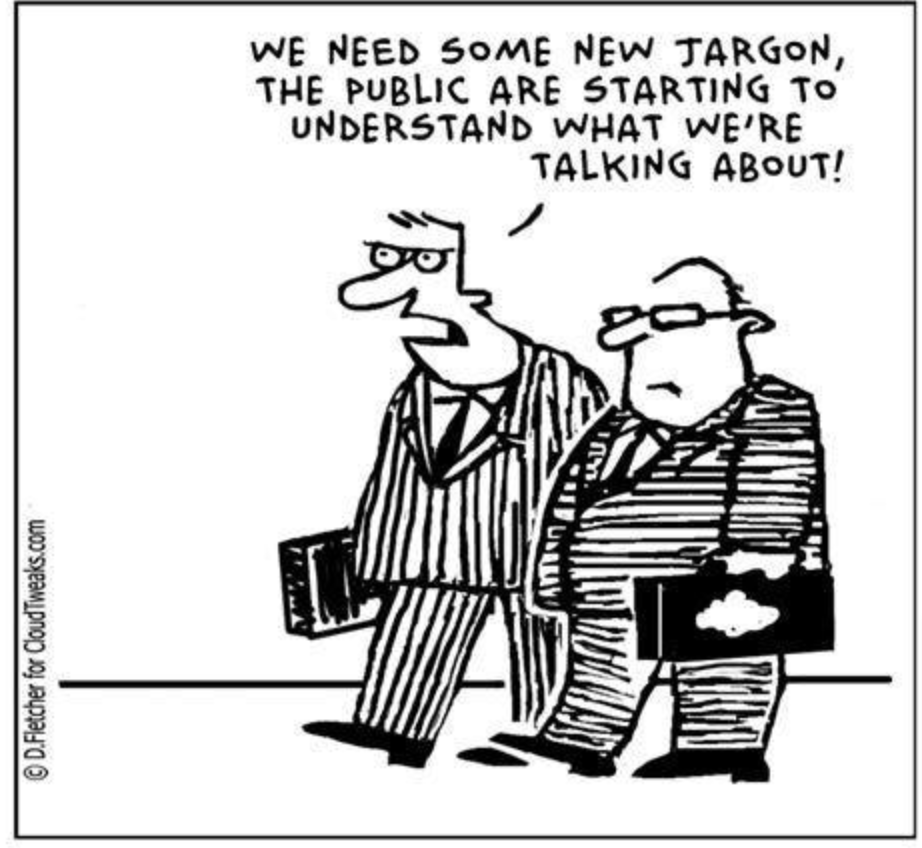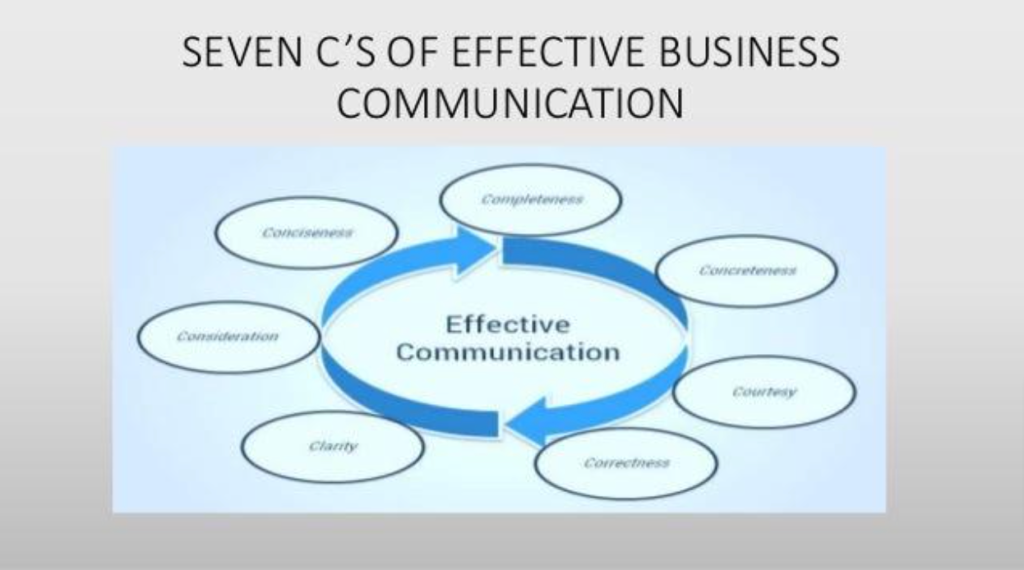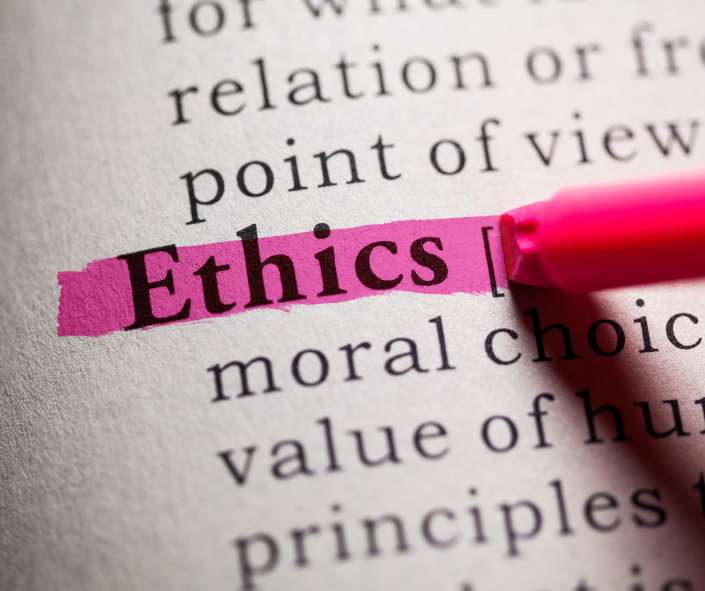
Jargon. Every profession has it, and everyone uses it. Legalese, medical terminology, Newspeak, construction mumbo jumbo, computerese, and financial lingo all possess unique terms and acronyms. Want even more?
Sports also use abbreviations as accepted terms: ERA, RBI, TD, FG, TKO, eagle, and the nineteenth hole. After a day of jargon, the nineteenth hole can be refreshing.
Then, you relax with a hobby only to find new jargon. Model railroaders use DCC, kitbashing, scratch-built, and “rivet counter” as commonplace verbiage. A stamp collector asks if the stamp he needs for his collection is NH, unused, has torn perfs, and lightly canceled.
However, jargon often becomes an issue of ineffective communication. Many use their profession’s parlance to impress others. Too often, the struggling colleague throws out acronyms of his craft to bolster his need for self-importance. His work’s gobbledegook makes him feel influential and how knowledgeable he presumes to be. Rattling off specialty words from his lexicon provides a certain level of reassurance and a source of comfort.

Unfortunately, what transpires is built-up walls. Communicating in one’s unique balderdash to others, not only of your profession, alienates, befuddles, frustrates, and even angers others. Individuals do not like feeling as if they are merely statistics or objects and made to feel stupid. What also happens is that peers or potential clients come back using your education as a weapon against you.
The overuse of company chatter when selling to other businesses might seem rational. But no business truly sells to another business. Business people sell to different people. What’s worse, others will reveal your weakness and lack of expertise with the cunning use of your babble. No one wants to feel left out not knowing the language as if it is a right of passage or the club’s secret handshake.
Use buzzwords sparingly. If you do, explain the name or acronym in your message. Otherwise, your cute, cunning cliches will become validated voluminous volatile venom.
Peter Baiardi, a businessman, declared, “I have received memos so swollen with managerial babble that they struck me as the literary equivalent of assault with a deadly weapon.”
The Elements of Style by E.B. White and William Strunk teach us, “Write in a way that comes naturally. Prefer the standard to the offbeat.”
Limiting the amount of professional jargon, buzzwords, and cliches will go a long way toward establishing or solidifying business relationships among your colleagues and clients. Writing becomes a matter of respecting your readers and their wants.

When you give high regard to your readers, they, in turn, will grant you the respect you seek. The probability of success becomes greater when they help satisfy the needs of others.











































































